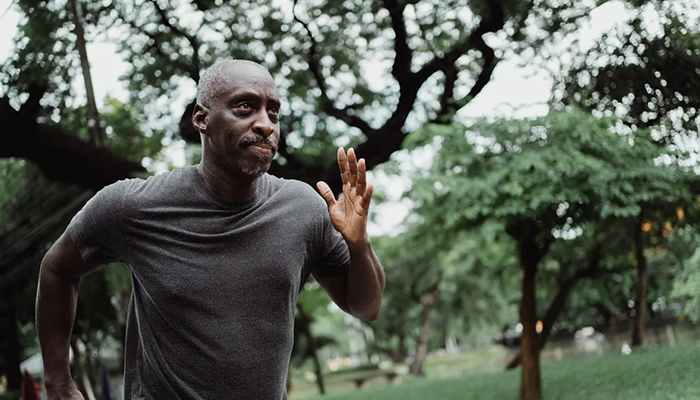The aging process often requires a new strategy, a new way of looking at life. Before retirement one’s life revolved around work, what had to be done on the job, the friends you had, the social interaction, the commute and the look ahead to well deserved vacations and weekends. Suddenly, you receive a farewell toast, perhaps a few gifts and all that vanishes in an instant. Now you have the freedom you longed for. However, unless you can manage that freedom, your mind and body will quickly deteriorate and that aging process that you so dreaded is suddenly upon you. Generally, if you lived an active life, involved with family and friends, social events and travel, you will tend to carry these activities into retirement. For many, the freedom and fear of the unknown become a burden. Let’s examine ways we can keep our mind, body and spirit healthy and productive.
Independence
We all want to keep our independence, doing the things we’ve always done like driving and moving about physically the way we used to do. If you are a caregiver to a senior you want to monitor the scope of a senior’s independence while driving. Take a ride with them. Do you feel comfortable and safe with them at the wheel? Do they physically look back before backing out? How do they manage their turns? Remember the old adage: “Tight right and wide left.” Do they do this? When starting and stopping, when do they start braking? This is an indication of how they are able to judge distance. Do this periodically to notice any change in driving behavior. Also, many insurance companies offer a special discount for taking a safe driving course. Encourage seniors to take advantage of this option.
Physical Exercise
Remember in physics class the old adage: “A body in motion tends to stay in motion and a body at rest tends to stay at rest.” Keeping your body at rest too long is the quickest route to the nursing home. Exercise is absolutely vital to mobility and good health. For seniors, join a health club or senior citizens center. Here you will have the opportunity to join fitness classes, make new friends and have lunch or dinner with them. It is one of the best substitutes for the work schedule you had before retirement. You want to maintain muscle strength. You can do this by lifting and curling weights, walking on a treadmill, rowing, riding a stationary bike, or simply walking. For balance, join a yoga class, walk a straight line forward and backward, bend over on one foot and touch cone. Alternate legs. Stand on tiptoe, walk up and down stairs, At home you can schedule a daily walk for about 20 minutes, do gardening if that is of interest, take care of your shrubbery, fertilize and mow the lawn or keep a garden and grow vegetables. Doing outside activities will keep up your strength and mobility and you will get your needed dose of Vitamin D from the sunshine. Drive to a park and take a nature walk. If you live near a river, lake or the ocean be sure to spend time there. In other words, unless it is winter and you are housebound make it a practice to get out of the house and spend time in nature. You will have plenty of time to watch TV when you get home. If you’ve played a sport like basketball, don’t be afraid to go to the gym and shoot a few baskets. For many seniors, the game of golf is a wonderful sport and activity. It is challenging and keeps you walking throughout the game.
As time passes you will begin to lose some of that strength and vigor. For caregivers, it is important to monitor both mental and physical activity. Sit and talk. Who speaks first? This is a key to mental alertness. What do you talk about? Is it about daily news, or books that were read? Sit and have lunch. How does your senior handle the simple task of eating? How do they use eating utensils? Do they spill food on the table or themselves? Do they make an effort to do clean up after the meal?
Watch the senior’s mobility. Do they need a walker? How do they manage getting up from a chair? Can they climb up and down the stairs?
Do a walk around the house. Has routine housekeeping been done? Check the beds. Have they been made? Are there any soiled bed sheets? Are there any dirty dishes in the sink? If this condition worsens, it may be necessary to get outside help to come in and aid in these chores.
Plan your next visit. Arrange some chores that you will be looking for. Bring some puzzle books and books to read. Plan an outing to get the senior out of the house into a new situation. Then you can spend time talking about the event when you get home.
The goal is to maintain and rejuvenate both physical and mental activities for as long as possible.
